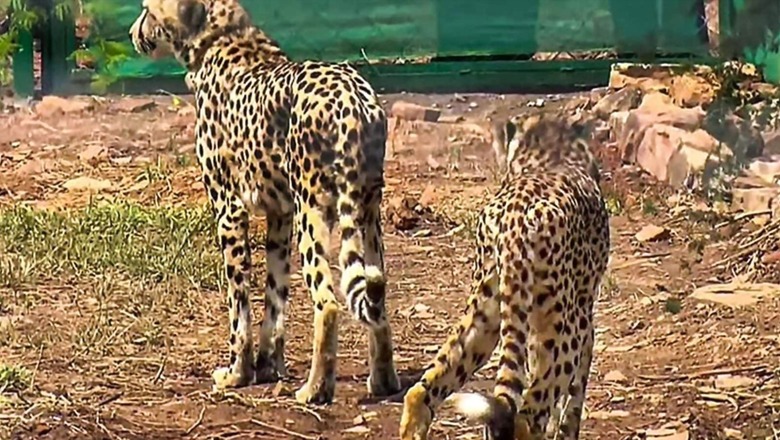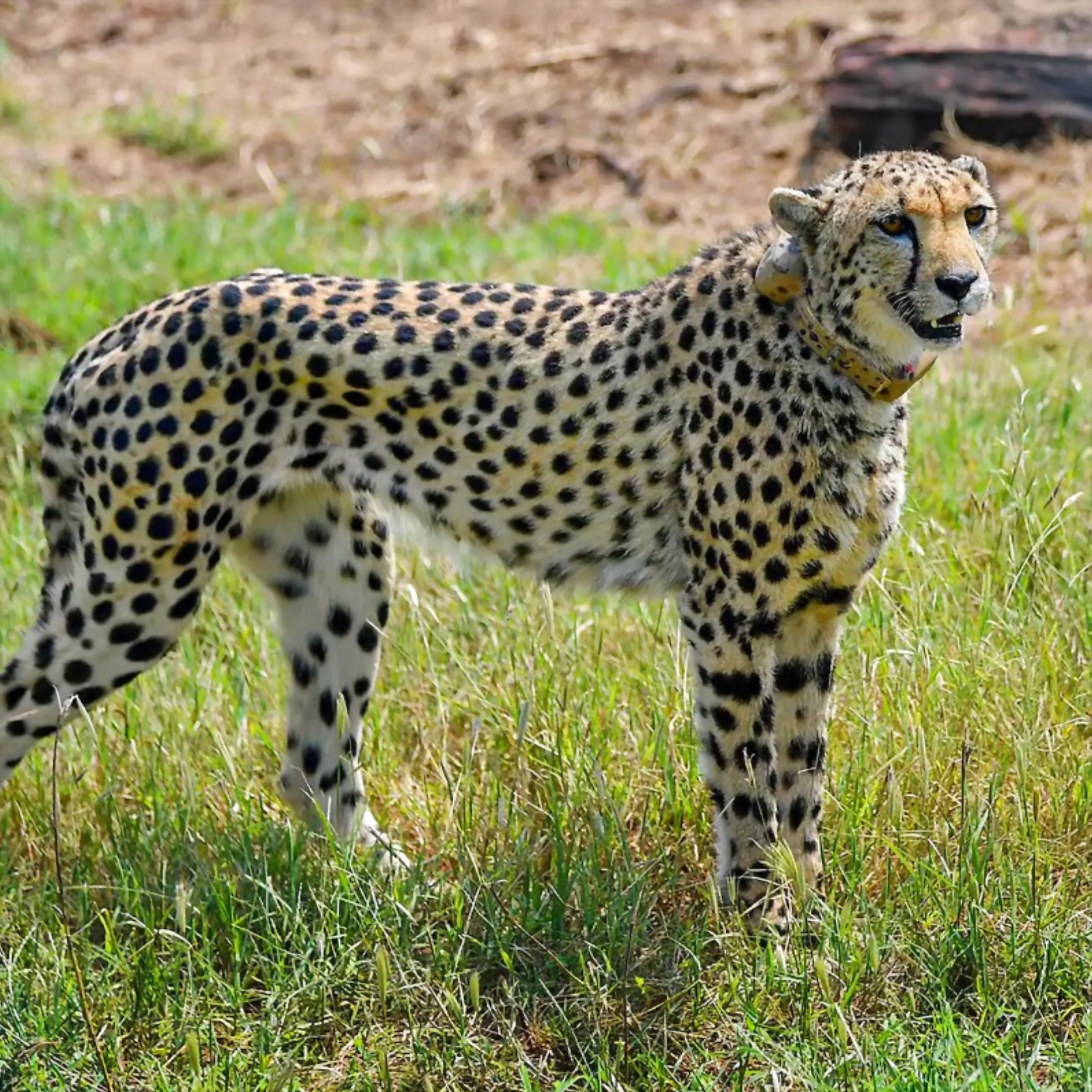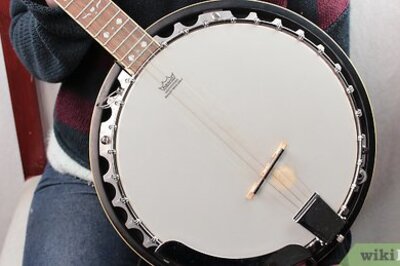
views
In an encouraging step, two male cheetahs brought from Namibia to the Kuno National Park in Madhya Pradesh for reintroduction of the animal to India, made their first kill within 24 hours of being released from a quarantine area to a larger acclimatisation enclosure.
According to Chief Conservator of Forest Uttam Kumar Sharma, the cheetahs hunted down a cheetal (spotted deer) on Sunday night or in the early hours of Monday. He stated that the forest monitoring team received this information on Monday morning, adding that this was the felines? first prey since being relocated from Namibia to India in mid-September with six other cheetahs.

?Allayed Fears About Prey Hunting Ability?
The cheetahs ? Freddie and Alton ? were the first pair to be released into the larger enclosure on Saturday after being quarantined since September 17. The successful first hunt by the cheetahs within 24 hours of moving to the larger enclosure has also allayed the park management?s concerns about their prey hunting ability.
“The cheetahs eat their prey within two hours of hunting,” Sharma said.
He said the two cheetahs were released in the larger enclosure spread over 98 hectares from a quarantine zone on Saturday. The other six cheetahs will also be released (in the acclimatisation enclosure) in a phased manner, he said.
?Beyond Expectations?
A senior forest official told The Indian Express that the cheetahs making their first kill within 24 hours was beyond expectations. ?This signifies that the big cats are absolutely fit and the worries of these cheetahs losing any muscle strength owing to the time they spend in quarantine is unfounded,” they said.
Prime Minister Narendra Modi had earlier shared the news of the two cheetahs being released to a bigger enclosure for further adaptation.
Great news! Am told that after the mandatory quarantine, 2 cheetahs have been released to a bigger enclosure for further adaptation to the Kuno habitat. Others will be released soon. I’m also glad to know that all cheetahs are healthy, active and adjusting well. ? pic.twitter.com/UeAGcs8YmJ? Narendra Modi (@narendramodi) November 6, 2022
?Adapting Well?
Three weeks ago, Hindustan Times had reported that in the month since their relocation, the eight Namibian cheetahs had acclimatised and adapted well to their new home at Kuno National Park in Madhya Pradesh, according to a forester.
According to Eli Walker, a Cheetah Conservation Fund (CCF) expert from Namibia, the cheetahs are very comfortable, said JS Chauhan, principal chief conservator of forest and wildlife. ?They adapted very well to their surroundings. They are in good health.?
Quarantine Towards End
The eight cheetahs ? five females and three males in the age group of 30-66 months ? were released in the dedicated quarantine zones in the KNP on September 17 at a function by Prime Minister Narendra Modi, heralding the return of the big cats to India 70 years after they were declared extinct in the country.
India welcomes Cheetahs after 70 years. News18's @DhantaNews talks about PM Modi's schedule for the day Join the broadcast with @shilparathnam | #Cheetahs #WildCats #India #PMModi #MadhyaPradesh #KunoWildlifeSanctuary pic.twitter.com/9hr7jZZ0RX
? News18 (@CNNnews18) September 17, 2022
As per initial plans, the cheetahs- named Freddy, Alton, Savannah, Sasha, Obaan, Asha, Cibili and Saisa ? were to be kept in quarantine for a month.
According to international norms, wild animals must be kept in quarantine for a month to check the spread of any infection before and after their translocation to another country, experts had said.
Since their release on September 17, the eight cheetahs were housed in six ?bomas? (enclosures), two of which are 50 metres x 30 metres while the rest four measured 25 square metres in area.
They were provided buffalo meat, the officials had said. The last cheetah died in India in Koriya district in present-day Chhattisgarh in 1947 and the species was declared extinct in 1952.
.
Read all the Latest Explainers here



















Comments
0 comment